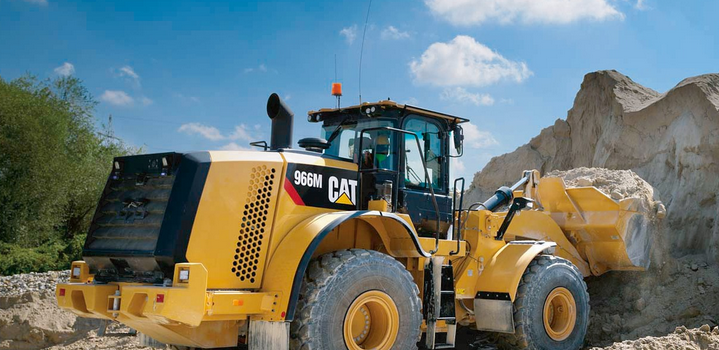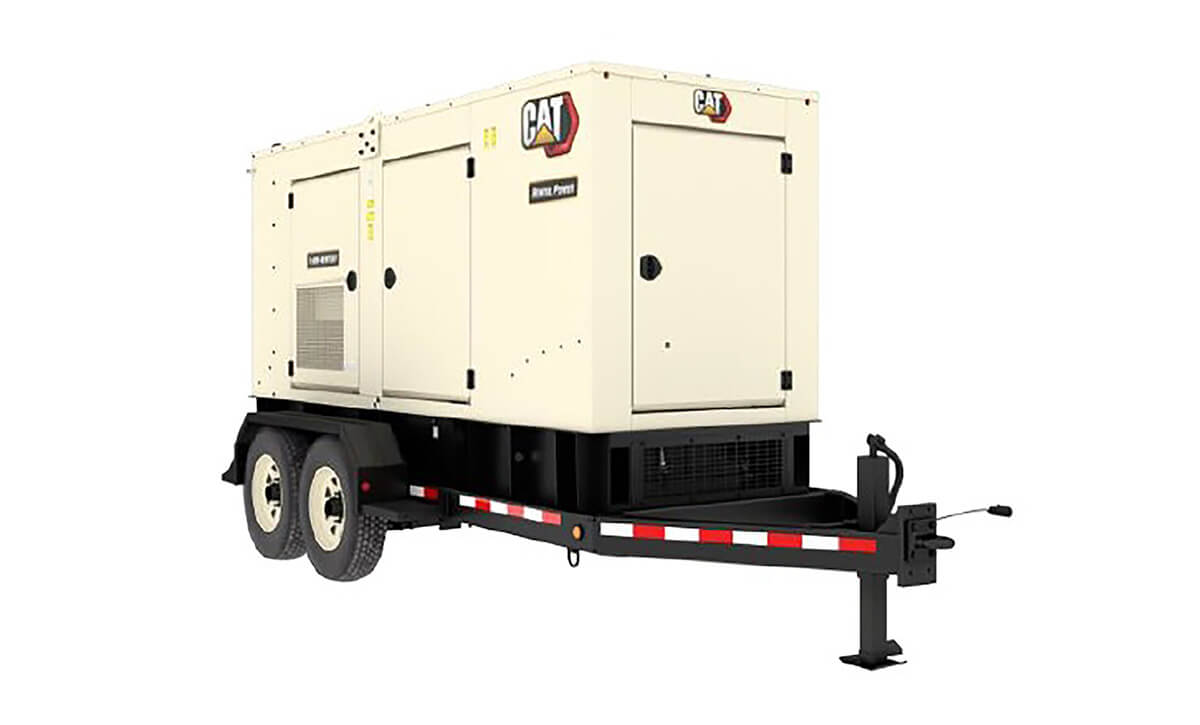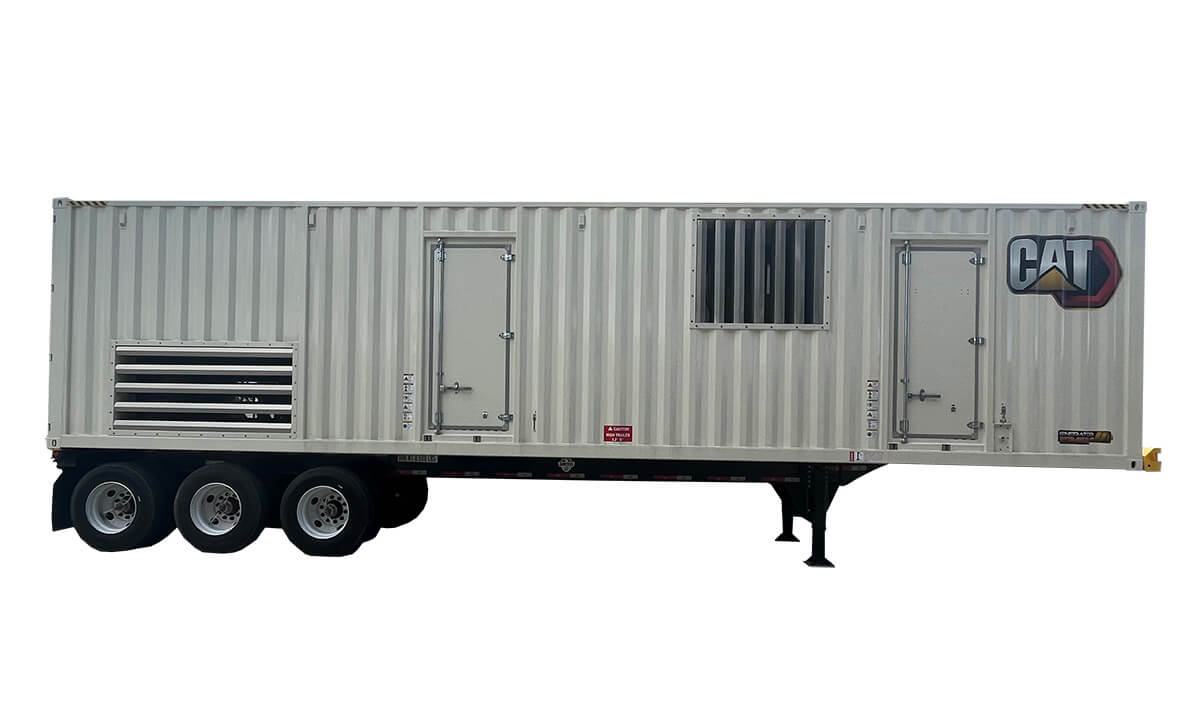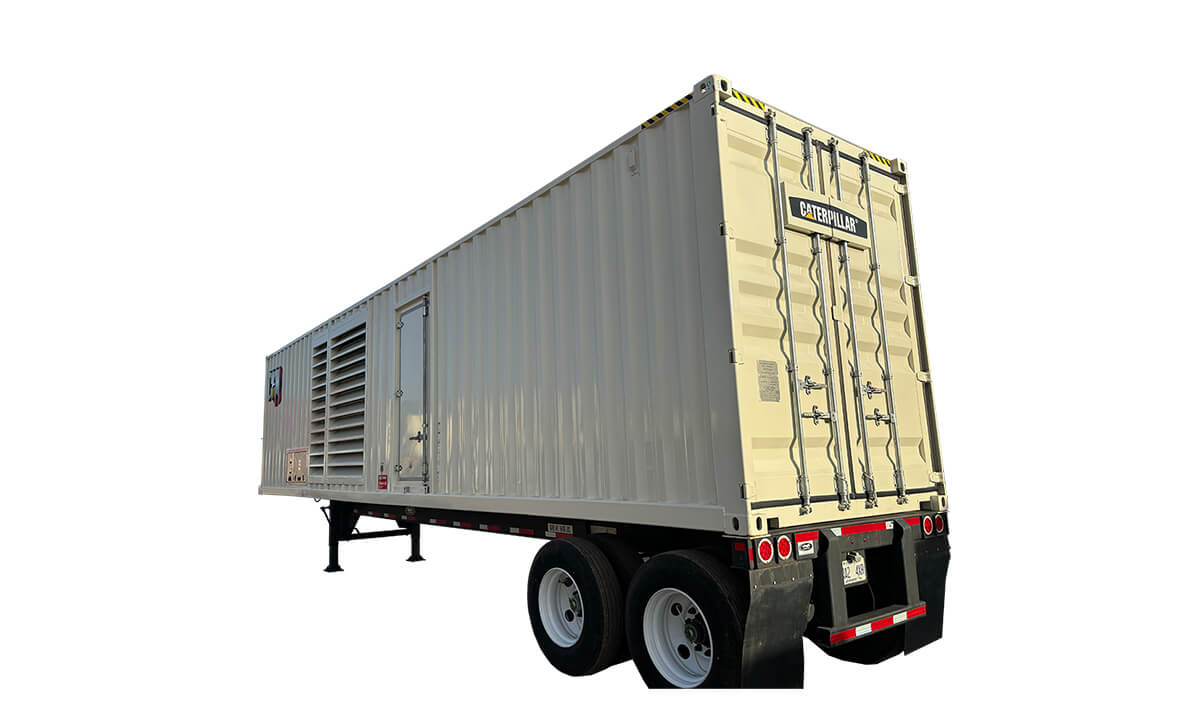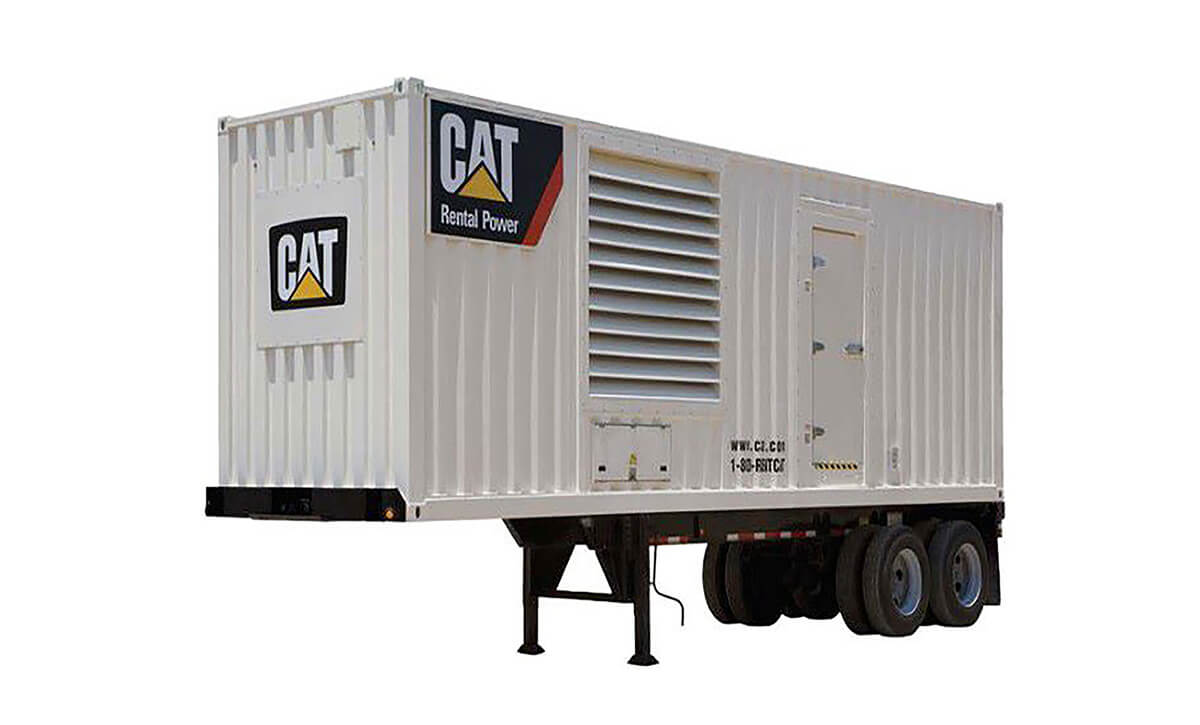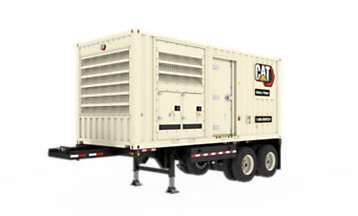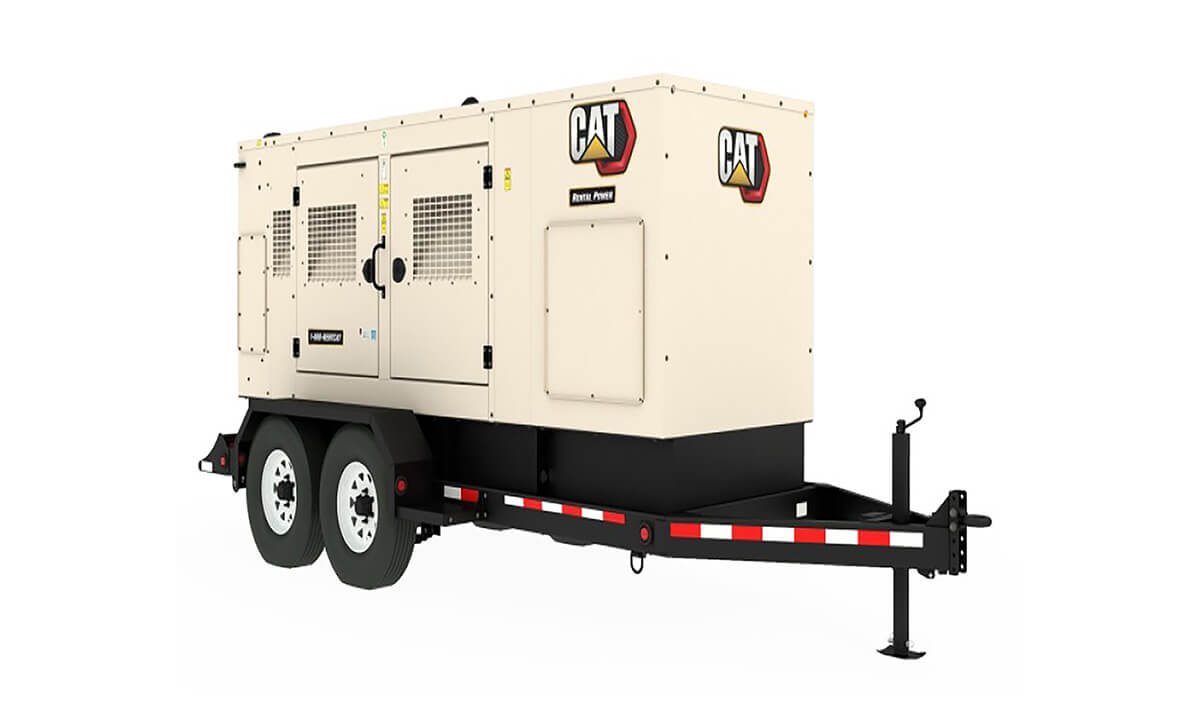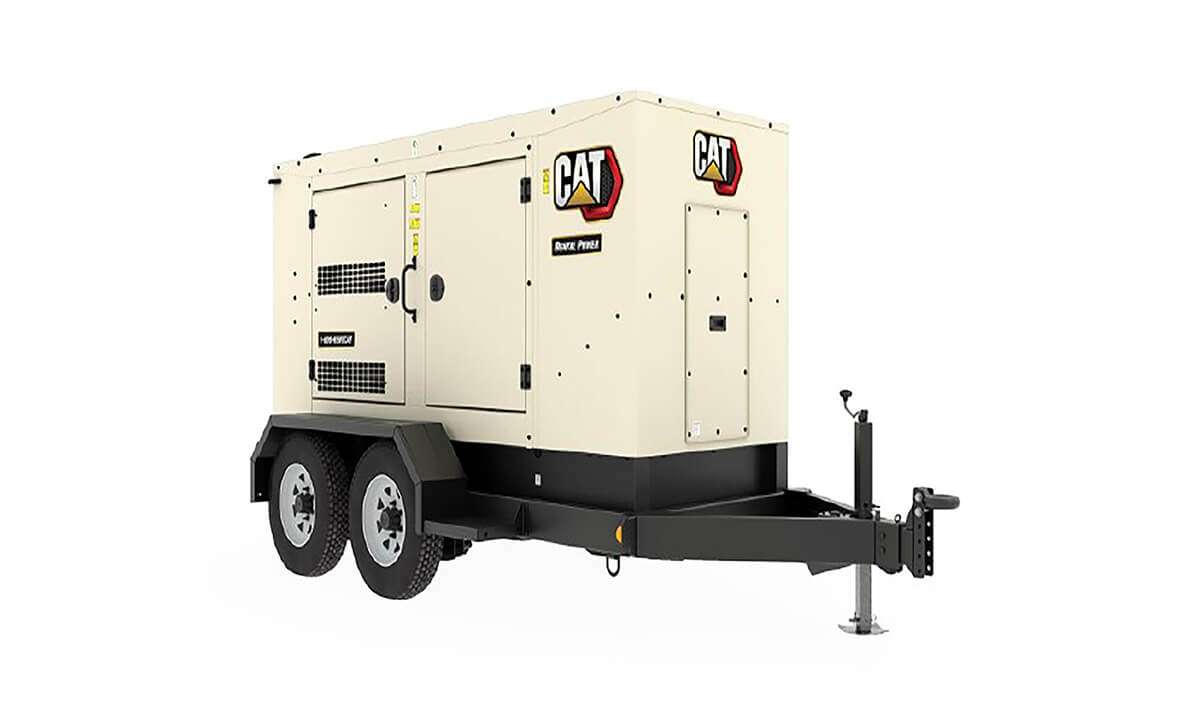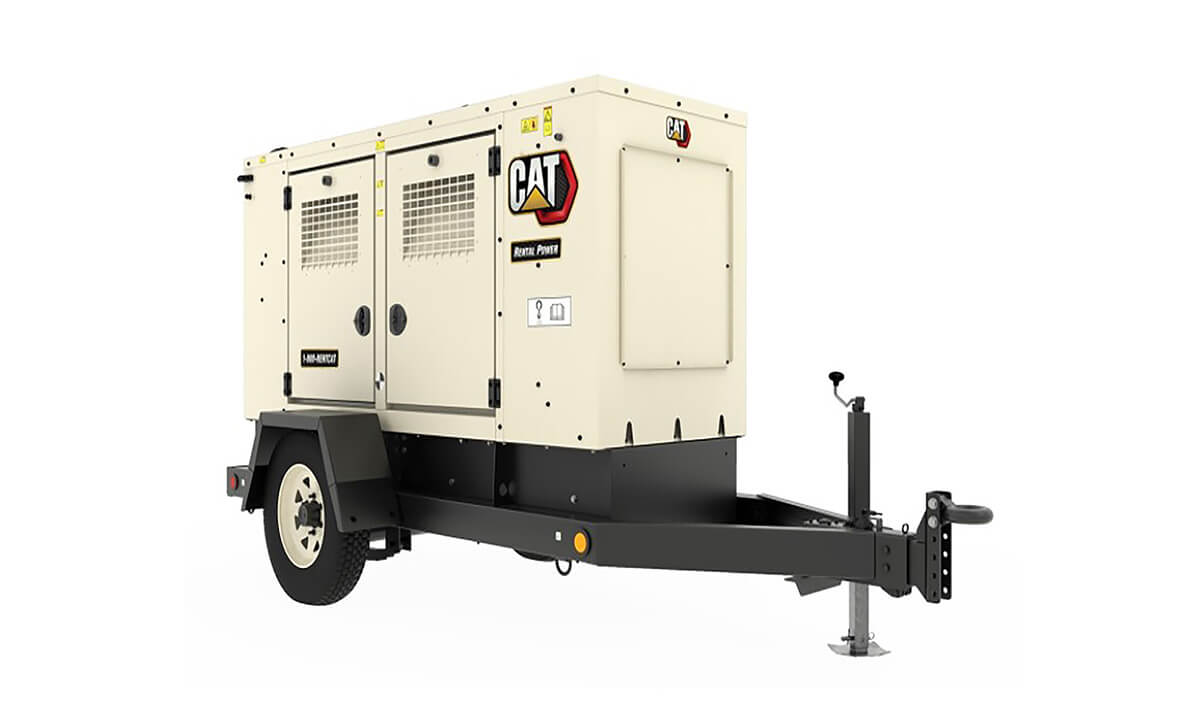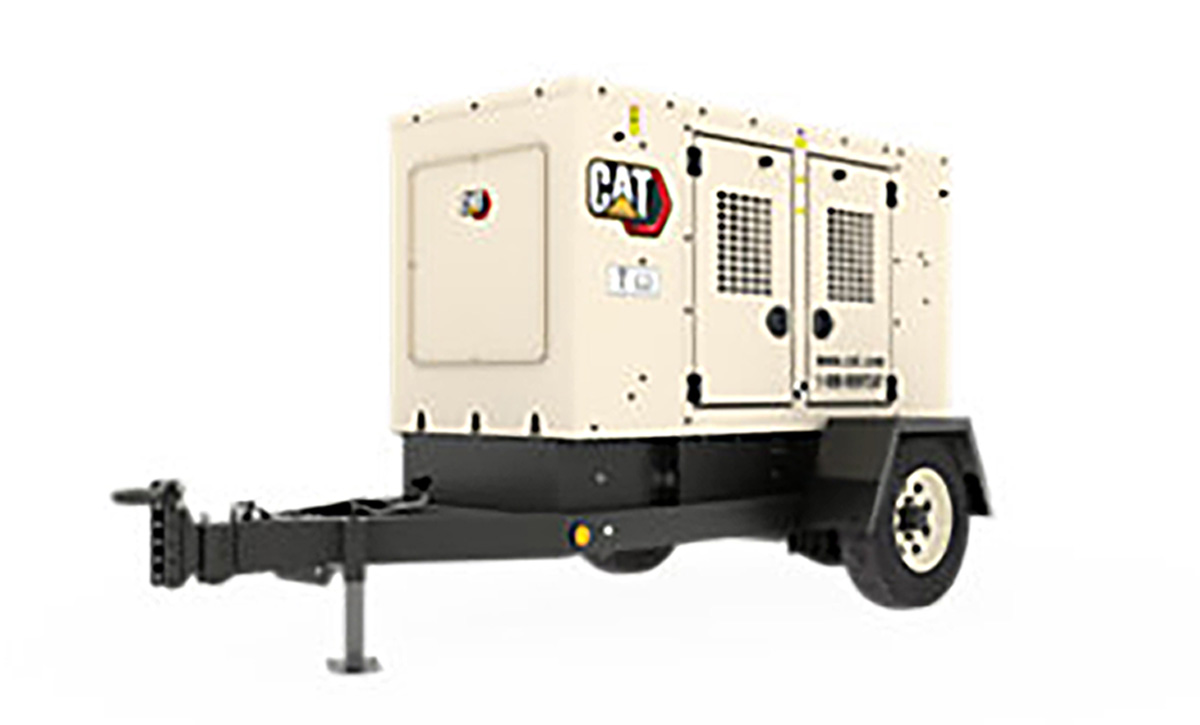
What is heavy machinery maintenance, and why is it vital to spend time and resources on it? Let’s see the benefits of following a maintenance plan and learning to distinguish the different types of yellow machinery maintenance that exist!
Although some people may consider the maintenance of heavy machinery a waste of time and money, there is no doubt most professionals do not share this point of view in this sector. People who have been working with heavy equipment for a long time have experienced the inconveniences caused by not regularly maintaining their work equipment. They realize the importance of Caterpillar training courses and other such resources.
Here’s why heavy machinery maintenance is important!
Why is it Important to Maintain and Repair Heavy Machinery?
Because it is better to be safe than sorry! Having your heavy machinery in perfect condition will offer you greater performance and productivity when carrying out projects, as well as other advantages.
Ensure Greater Safety on Site
Above all, the maintenance of heavy machinery ensures greater occupational safety. Implementing and following a regular maintenance plan for heavy machinery increases the safety of the machines on-site and the work environment and people.
By being sure your machinery will perform as intended, you won’t have to worry about a part breaking and causing injury to a worker.
Achieve Higher Productivity
Repairing and maintaining machinery is essential to increase its efficiency. By carrying out inspections from time to time, signs of wear and other possible damage are detected early.
Only by acting preventively can one carry out the appropriate mechanical repairs at the right time and depending on the different heavy machinery types. This way, you will ensure that all the parts are working correctly before handling the equipment.
Therefore, the performance in heavy machinery is optimized, and the work rate remains optimal, avoiding sudden breakdowns that would prevent the proper development of the work and meeting the deadlines.
Increase the Chances of Collateral
Heavy machinery manufacturers offer warranties that cover repairing or replacing parts in poor condition. However, many commit to the state that the machine has undergone regular maintenance.
Otherwise, these builders’ warranties may not apply, and they will give you no choice but to carry out the repairs at your expense.
By complying with the maintenance plan indicated by the manufacturer, you can benefit from the guarantees provided in the event of a breakdown.
Types of Heavy Machinery Maintenance
With a clearer understanding of the problems that could arise, keep in mind that there are different types of heavy machinery maintenance. Each one is oriented to maintaining part of their equipment at specific times.
Preventive Maintenance
Any work equipment requires maintenance that we can foresee over time and carry out with a certain frequency, such as oil changes, filters, and lubrication.
Preventive maintenance is to establish a maintenance plan that projects and plans (following a schedule) all the tasks that will be needed to keep your equipment in good condition.
Predictive Maintenance
Manufacturers have a knowledge base on the durability of the parts that make up their machines. These data make it possible to predict the lifetime of each part of the equipment with more or less accuracy.
The predictive maintenance then consists of the systematization of the revisions to which each machine should undergo. The program considers the most favorable times to find out the status of each part before failure, taking into account the frequency of use of heavy machinery and the history of repairs. In this way, it is possible to change worn parts before they break and optimize the number of revisions.
Planned Maintenance
The planned maintenance, also called scheduled maintenance, reviews the weakest points of the machinery marked times within a calendar.
By doing this, it is possible to have an image of the machine’s state from time to time, which allows repairs to be carried out before the work equipment fails.
To be effective, you must carry out this type of maintenance according to the established times to prevent unforeseen damage.
Corrective Maintenance
The corrective maintenance is the most basic and often performed after a breakdown that could not be foreseen or detect performance lower than usual machinery. It is designed to limit corrective maintenance as much as possible since it involves stopping the machine.
It consists of correcting the defects we have observed in the machine during its use. Worn, defective or parts that have reached the end of their useful life are then located, and localized repair of said parts of the machine is carried out to prolong their use time.
Our Final Thoughts!
We hope the information has helped you understand the importance of heavy equipment maintenance. However, it requires special training to understand the equipment parts and other terminologies.
If you’re looking for Caterpillar training courses, contact Pantropic Power, FL and opt for one or more of their available training courses. Also, contact them and avail of free inspection on your engine, whether you have a vessel or generator!


